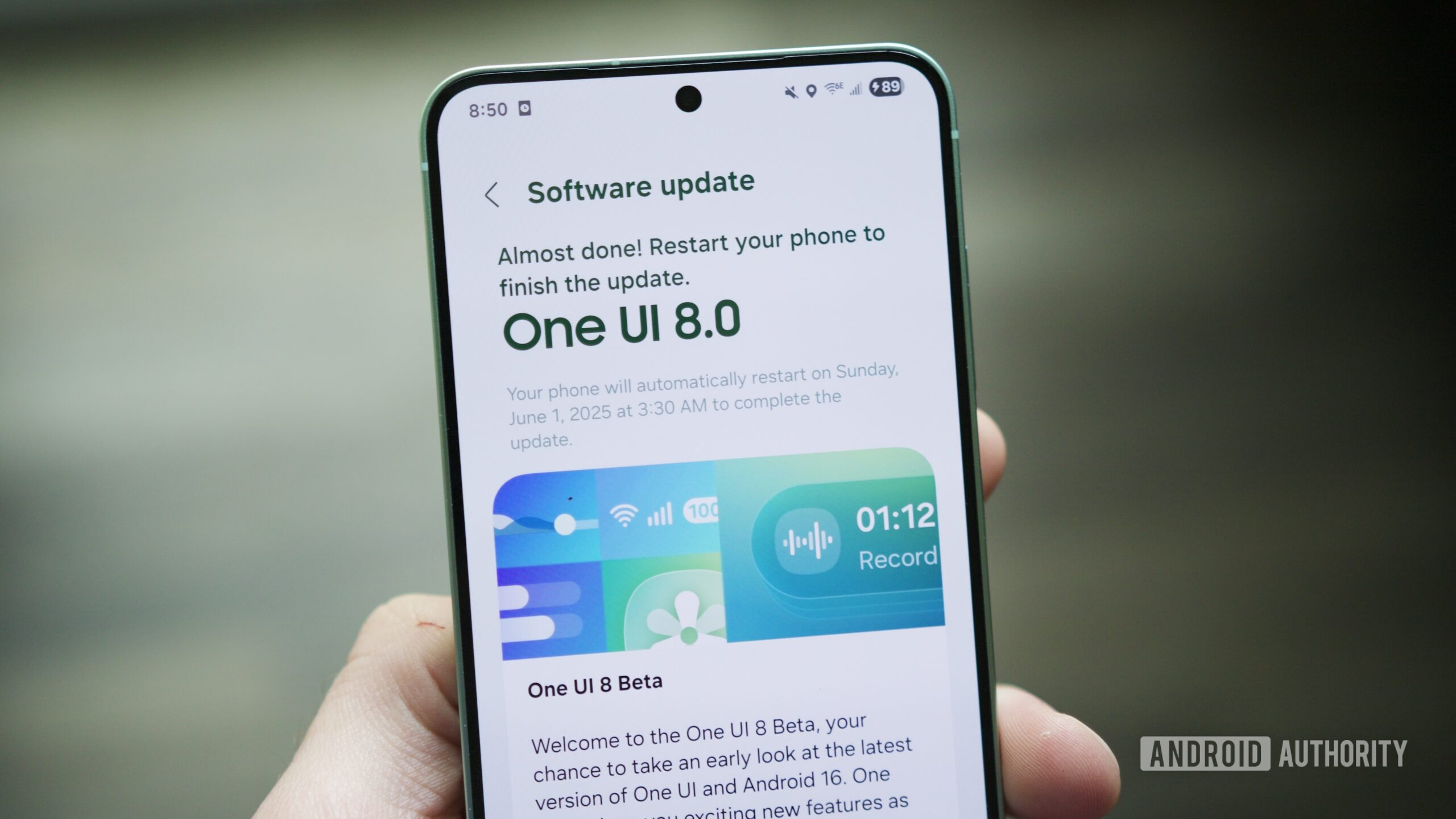At the recent Google Cloud Next 2025, the cloud provider announced Rapid Storage, a new Cloud Storage zonal bucket designed to deliver consistent single-digit millisecond data access for frequently accessed data and latency-sensitive applications. The new storage class provides under 1ms random read and write latency, 20x faster data access, and 6 TB/s of throughput.
Unlike traditional Cloud Storage buckets that span multiple zones in a region, a Rapid Storage zonal bucket keeps data within the same zone where the GPUs and TPUs are, helping workloads to achieve higher throughput and sub-millisecond read/write latencies. Sameet Agarwal, VP/GM at Google, and Asad Khan, senior director PM at Google, explain the goal:
To train, checkpoint, and serve AI models at peak efficiency, you need to keep your GPU or TPUs saturated with data to minimize wasted compute (…) Traditional object storage suffers from a critical limitation: latency. Using Google’s Colossus cluster-level file system, we are delivering a new approach to colocate storage and AI accelerators in a new zonal bucket.
A Rapid Storage bucket can be mounted as a file system using Cloud Storage FUSE, allowing support for common AI frameworks such as TensorFlow and PyTorch. In the article “Colossus: the secret ingredient in Rapid Storage’s high performance,” Denis Serenyi, distinguished software engineer at Google, and Vivek Saraswat, group product manager at Google, explain how the cloud provider added a stateful gRPC-based streaming protocol and the ability to append data to an object, while maintaining the high aggregate throughput and scale of object storage.
In a popular Reddit thread, the community compared the new option with Amazon S3 Express. Akshay Shah, CTO at Buf, comments:
Very cool! This makes Google the only major cloud that has low-latency single-zone object storage, standard regional object storage, and transparently-replicated dual-region object storage – all with the same API.
The same week that Google Cloud announced the new storage class, AWS announced that S3 Express One Zone has reduced storage prices by 31%, PUT request prices by 55%, and GET request prices by 85%. Agarwal and Khan claim:
Rapid Storage delivers 5x lower latency for random reads and writes compared to other leading hyperscalers. Combined with throughput of up to 6 TB/s per bucket and up to 20 million queries per second (QPS)
Rapid Storage was not the only storage announcement made at Cloud Next 2025 targeting AI workloads: Anywhere Cache is an SSD cache that works with existing regional buckets to cache data within a selected zone, while Google Cloud Managed Lustre is a high-performance parallel file system built on the DDN EXAScaler Lustre file system, providing PB scale at under 1ms latency, millions of IOPS, and TB/s of throughput for AI workloads.
Rapid Storage is currently in preview.







